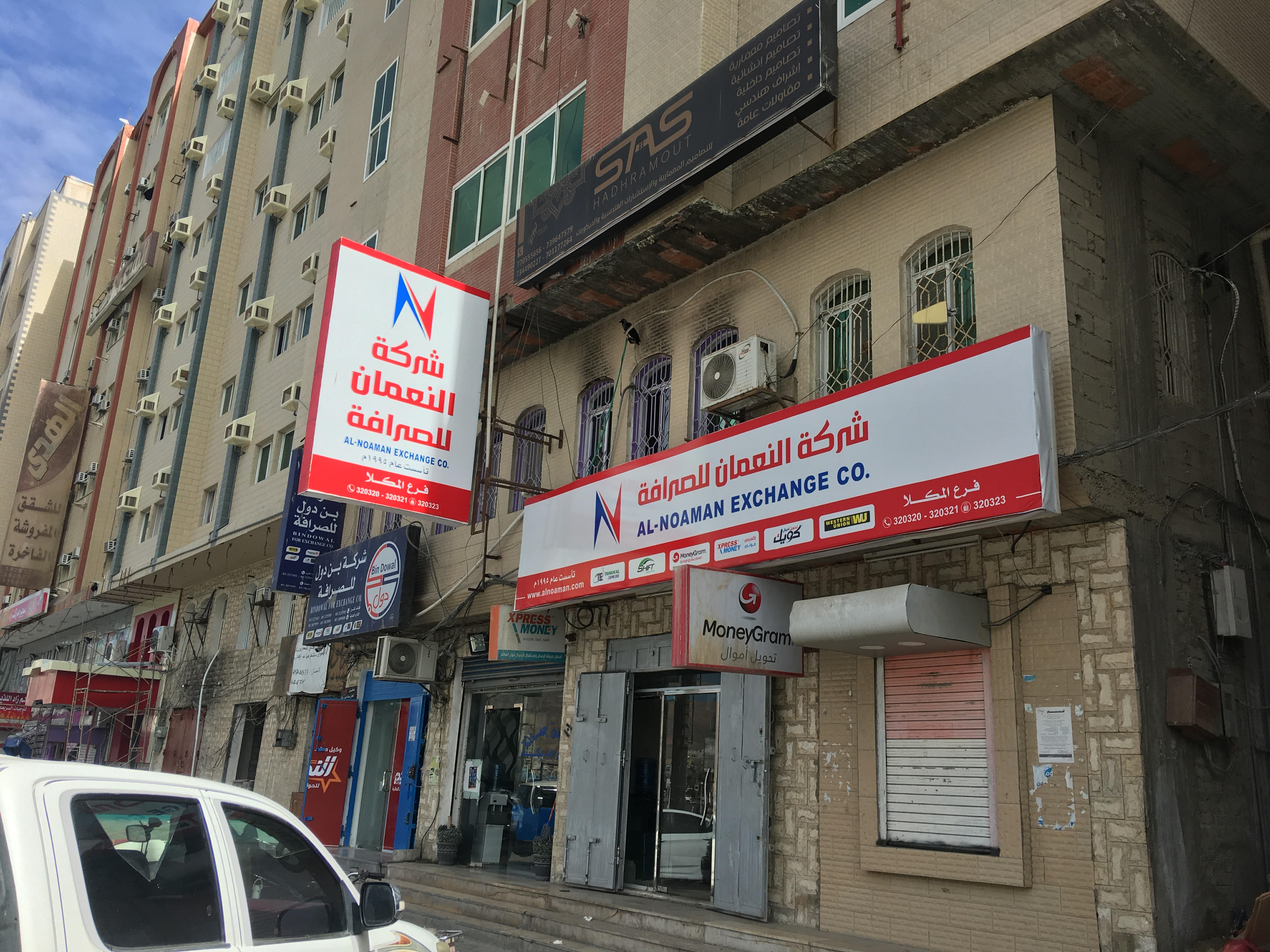Lebanese won’t miss 2019, have low hopes for 2020
BEIRUT: The Lebanese people know what awaits them in 2020; the political, economic, and social crises that erupted in the second half of 2019 will not be resolved on this year’s last day.
The formation of the new government still faces obstacles.
The banking procedures, which saw the imposition of restrictions on US dollar transfers abroad, and on the withdrawal of deposits from banks, resulted in economic contraction, bankruptcy and the dismissal of employees.
These restrictions persist and may get tougher in the new year as long as there is no government to generate confidence.
As for the unprecedented demonstrations that erupted last October against the ruling class, the people participating in them are still worried and angry.
According to political and economic experts, the new government, if it ever sees light, will face the challenge of preventing total collapse, or alleviating its effects, under stressful circumstances, while protests might even overthrow it.
The new year’s budget indicates that the state’s revenues have decreased in large part due to the decline in tax collecting.
The draft 2020 budget, which was transferred to the Parliamentary Money Committee, expected that revenues would total 20 trillion lira ($13.3 billion), but the Ministry of Finance adjusted this number in light of what was collected in 2019, and reduced the expected revenues to about 14 trillion lira.
The figures for the 2019 budget were disastrous, as public financial figures showed that revenues collected until last October were estimated at a little under 11.5 trillion lira, compared to an expected figure of 18.78 trillion.
People on the street are not optimistic about the near future. Hanadi Abdel-Al, a US resident back for the holidays, said: “The problem that people talk about is the difficulty in obtaining US dollars to run their businesses. But the Lebanese people who lived through wars are able to overcome this crisis as well. I envy them because they live day by day, and do not care about planning for the future.”
Sahar Baghdadi, who lived abroad for 21 years and came back to Lebanon two years ago, expressed regret at returning, and said: “2019 is one of the worst years — there is no peace of mind, no security, no social justice, and our economic situation is declining. I live with my family in a state of anxiety about what next year will bring to us. Will I be able to pay the tuition fees for my children’s schools? If I have the opportunity to emigrate again, I will not hesitate.”
Mohammed Afra, a lawyer, believes 2019 was “an extension of the year 1984 — the ruling class today is a continuation of the militias that controlled the country during the war and imposed their control over the people. Former militias acquired power and imposed a corrupt political class whose only concern is financial greed, control of state assets, and protection of banks’ interests.”
Afra noted that based on lawsuits in his office, he was witnessing “frightening failure situations.”
Sales have decreased, and it is no longer people’s priority to buy luxury items as purchasing power has decreased by 5%.
Hassan Chalhoub, Employee
He said: “Companies are filing for bankruptcy and we cannot collect the rights of employees who have been laid off as a result, which affects negatively the middle and poor classes. I am afraid that next year will not produce a government that fights corruption and gives autonomy to the judiciary. If this situation persists, we will see thefts of banks, pharmacies, and homes, then looting and chaos will prevail.”
Hassan Chalhoub, an employee in a telephone sales company, expressed his concern over what next year would bring with it. “Sales have decreased, and it is no longer people’s priority to buy luxury items as purchasing power has decreased by 5 percent. I will not immigrate as my family needs me here in Lebanon, and my demand is to provide job opportunities for talented people with disregards to their sectarian affiliations.”
Marilyn Melhem said: “2019, was full of grief for me. My husband died. I work to support two sons, one of them is married, and I do not know whether I will be summarily expelled from my job due to a decline in the market. In this country, nothing guarantees my rights as a citizen. There is a great injustice.”
Bernard Saqr, a florist, said that conditions in 2019 were “very difficult” and added: “I sell flowers and seedlings in Byblos region and distribute my products in Lebanon and Syria, but conditions retreated and roses became a secondary thing that can be dispensed off. At weddings, they resort to accessories that are less expensive than roses, and they keep looking for alternatives. If the situation continues, no one could survive.”
He thinks sometimes of emigrating, yet he does not want to leave the country. He still hopes “that things improve,” assuring that: “I will struggle with what is available despite everything, and I support the revolutionaries and the revolution to the fullest extent.”
Economic expert Dr. Louis Hobeika said things could not continue in such a fashion, for the country would not be able to stand further delay in forming a government, and that he worried that the prime minister-designate, Dr. Hassan Diab, might back down on forming the government.
“The banks’ restrictions are a necessary measure because political prospects are not clear. What is required is a government of confidence, so that the crisis eases,” he said.

Lebanese protesters defy capital controls in sit-inAs crisis hits, Lebanese businesses fight for survival





